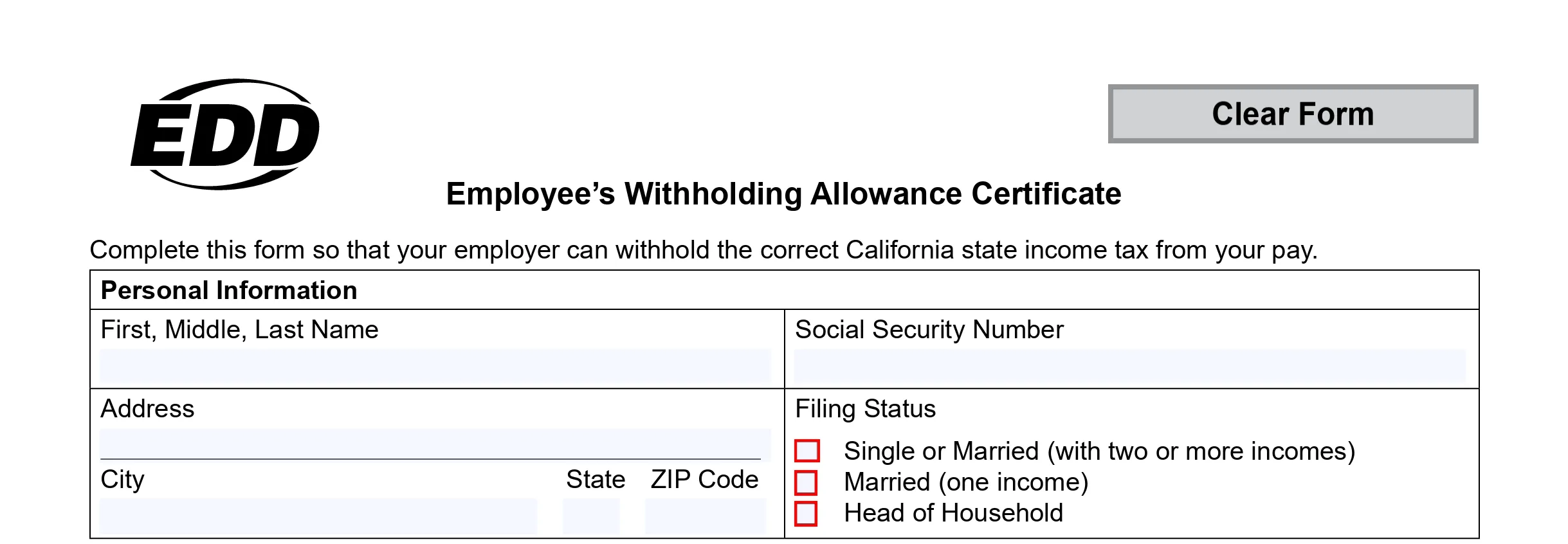The Ultimate Guide to Managing Client Trust Accounts for Lawyers

Introduction
One of the most crucial aspects of a lawyer’s financial management is handling client trust accounts, also known as IOLTA (Interest on Lawyer Trust Accounts). These accounts hold funds on behalf of clients and are strictly regulated to ensure compliance with state and federal laws. Mismanaging trust accounts can lead to significant consequences, including fines, penalties, and loss of license. In this blog, we will walk you through the best practices for managing client trust accounts, helping you avoid common mistakes and stay compliant.
What Are Client Trust Accounts?
A client trust account is a separate account lawyers must use to hold clients’ money. This can include settlements, advanced fees, or payments that have not yet been earned. The key element of a trust account is that the funds do not belong to the lawyer or the firm; they are strictly for the client. These accounts, typically IOLTA accounts, accrue interest, which is often used to fund legal aid services.
Best Practices for Managing Client Trust Accounts
- Segregate Funds
The most critical rule of trust account management is to never commingle client funds with personal or firm accounts. Every penny belonging to the client must remain in the trust account until the work is completed or fees are earned.
- Keep Accurate Records
Proper record-keeping is essential. Lawyers should maintain detailed records of each client’s funds, including deposits, withdrawals, and accrued interest. This can be done manually or with legal accounting software, such as Clio or TrustBooks. Maintaining detailed ledgers for each client ensures transparency and aids in reconciliation.
- Perform Regular Reconciliation
Monthly reconciliations of your trust accounts are mandatory in most jurisdictions. This ensures that the balances in the account match the individual records for each client. Reconciliation also helps catch errors early, minimizing the risk of costly mistakes.
- Obtain Client Consent for Withdrawals
Withdrawals from a trust account should only be made after a service is rendered or a fee is earned, and with explicit client consent. Never use funds from one client to pay for another client’s expenses or to cover operational costs.
- Understand and Comply with State-Specific Regulations
Every state has its own rules and regulations when it comes to client trust accounts. Familiarize yourself with your jurisdiction’s laws to ensure compliance. Failure to follow these rules can result in sanctions or loss of your law license.

Common Mistakes to Avoid
- Commingling Funds
Mixing client funds with the firm’s operational funds is a major violation and one of the most common mistakes lawyers make. Always keep client funds completely separate.
- Failing to Reconcile Accounts
Overlooking account reconciliations can lead to significant discrepancies and legal issues. Make it a habit to review your trust accounts regularly.
- Improper Withdrawals
Avoid using client trust account funds for personal or operational expenses. Misappropriating these funds can lead to legal consequences, including disbarment.
- Ignoring Deadlines for Account Reconciliation
Many jurisdictions have specific deadlines for reconciling trust accounts. Missing these deadlines can result in fines or other penalties.
The Role of Automation in Managing Trust Accounts
The right technology can simplify managing client trust accounts, reduce errors, and ensure compliance. Automated legal accounting software can help you:
• Reconcile accounts quickly and accurately.
• Track client funds in real-time.
• Generate detailed reports for audits or client inquiries.
• Maintain compliance with state bar regulations.
Software like Clio, TrustBooks, and QuickBooks offer tailored solutions for lawyers, making it easier to handle the complex nature of trust accounts.
Conclusion
Managing client trust accounts is one of the most critical responsibilities for lawyers. With the right practices in place, you can ensure compliance, avoid costly mistakes, and build trust with your clients. Invest in reliable bookkeeping practices or legal accounting software to manage your accounts efficiently, reduce errors, and maintain transparency. By staying organized and informed, you can avoid the pitfalls of mismanaging client funds and ensure your law firm operates smoothly and ethically.
Disclaimer: This blog is meant for informational purposes only and should not be considered as tax advice. Consult with a qualified tax professional or advisor for personalized guidance based on your specific situation.
Reach out to us today at [email protected], and let's work together to optimize your tax situation and financial well-being. Your journey towards a more tax-efficient future starts here.



